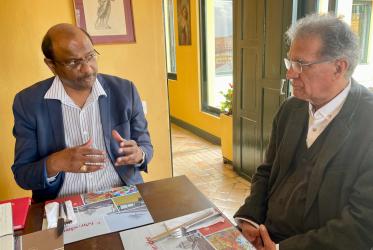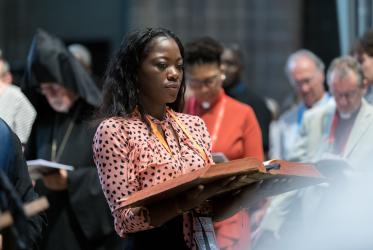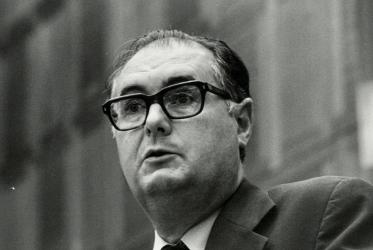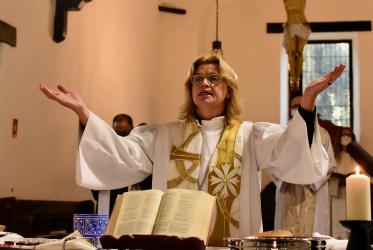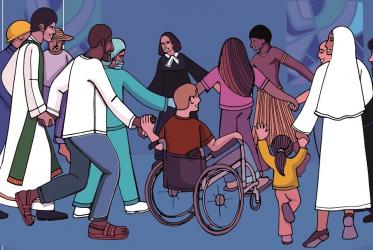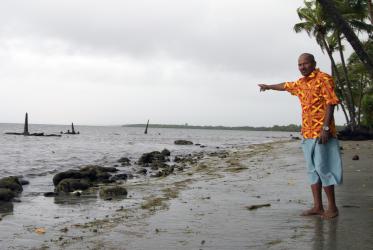Displaying 1 - 20 of 49
18 January 2024
WCC will host consultation on evangelism and formation in Latin America
20 September 2023
WCC mourns the death of Julio de Santa Ana
20 April 2023
In Chile, “Churches’ ministry of reconciliation is key”
29 November 2022
Brazilian churches call for transformative racial justice
23 November 2020
The cry of the Papuans in Indonesia
14 November 2019
